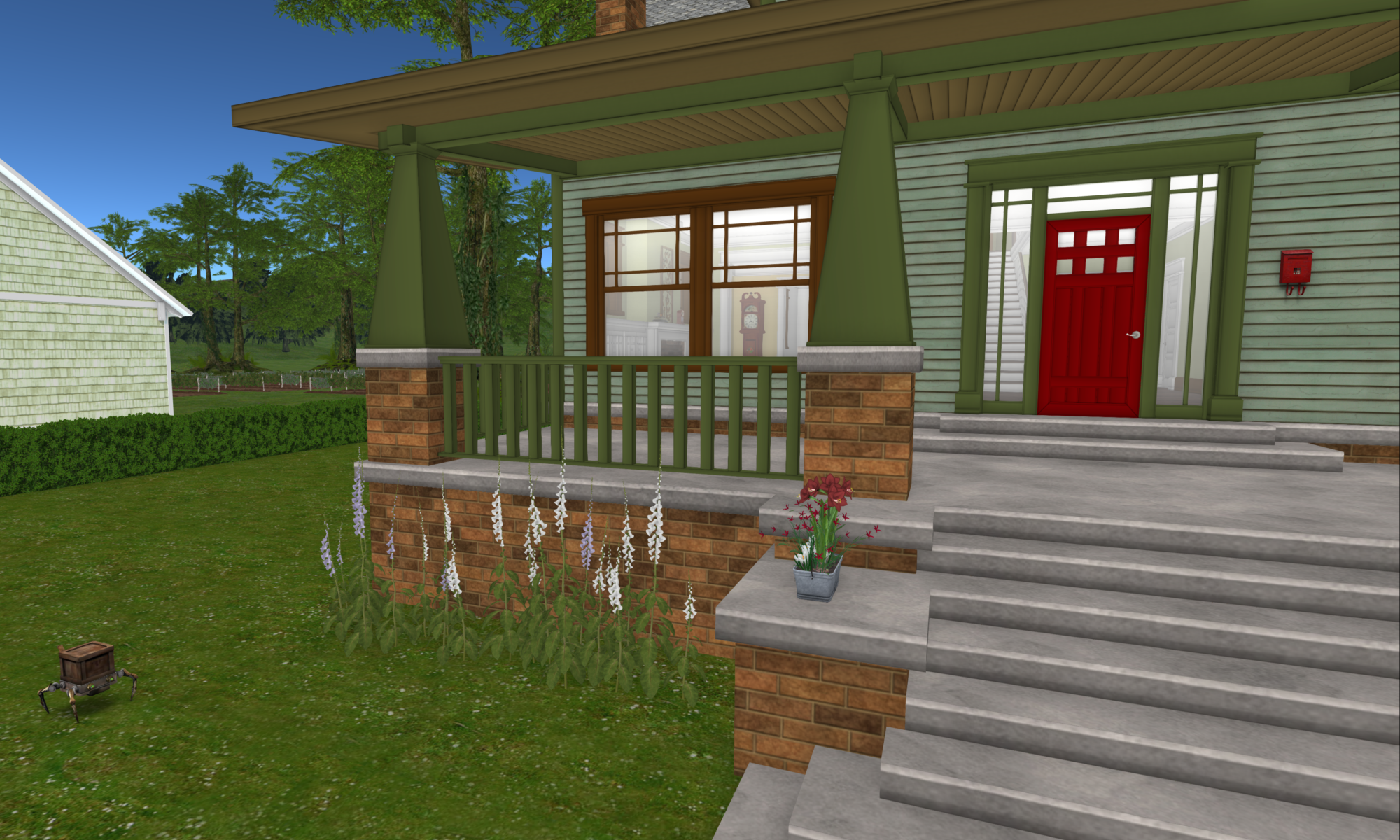Fascinating blog post at Phasing Grace: Dunbar’s Number – Groups in [our favorite virtual world]. (Dunbar’s Number is a theoretical ceiling to the number of stable social relationships an individual can maintain, often casually said to be 150.)
From a modern world perspective and using social network analysis, Chris Allen hypothesizes that that different group sizes impact a group’s behavior and their choice of processes and tools. Based on empirical data from MMOG and online communities, he suggests that for non-survival groups, the equivalent Dunbar number falls somewhere between 60-90.
Grace makes a fascinating comment that seems apropos to Caledon:
Allen argues that group dynamics have more than just the Dunbar number as a break point; three group size nodes emerge and Allen provides some insight into the group construct as it relates to size. Groups with too few people suffer from insufficient critical mass, experience group think, are unable to sustain conversation and the infamous ‘Echo Chamber’ effect is evident. Read some of Eric Rice’s ‘Echo Chamber’ analysis regarding the failings of artificially small groups, aka elites. Overly large groups have far much too noise and cannot sustain an equal and unstructured trust. Cliques and inappropriate politics emerge and social contracts start to break down. From a [virtual world] perspective, an example of this might be the recent [ordinal number following First] Citizen forum meltdown. Note that it’s the group size that creates the breakdown of the cohesive bonds, not the ‘newbs’. When group sizes grow beyond these normalized sizes, even the most senior members of the group can suffer the ill effects.
